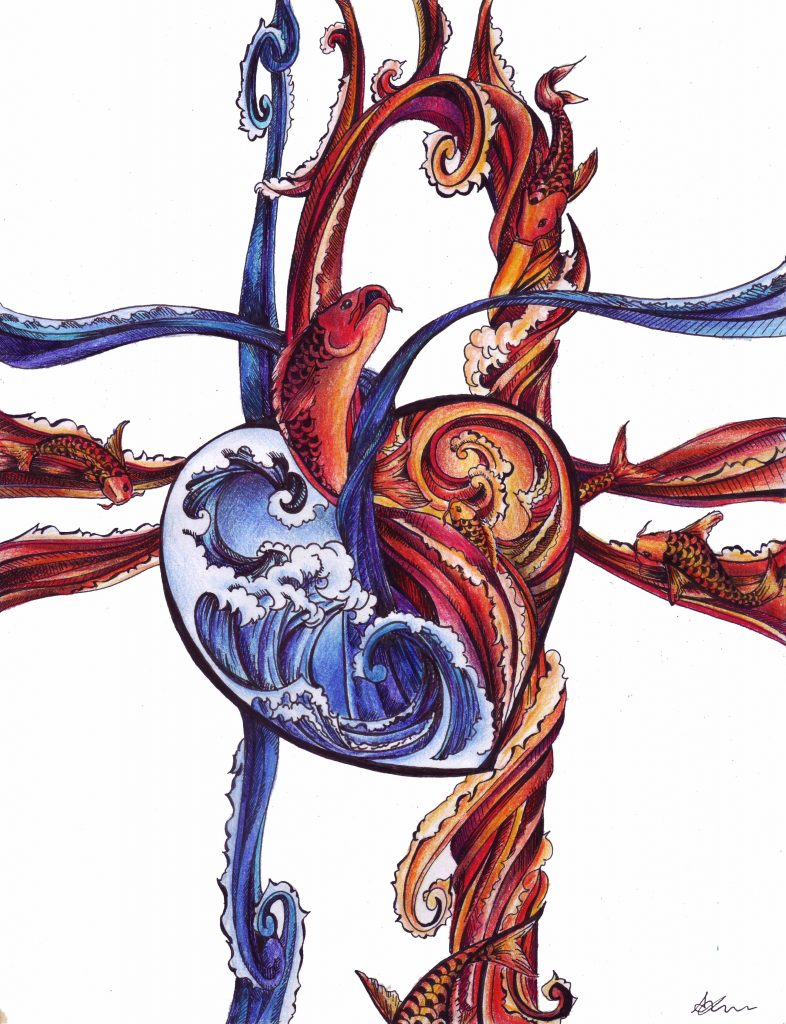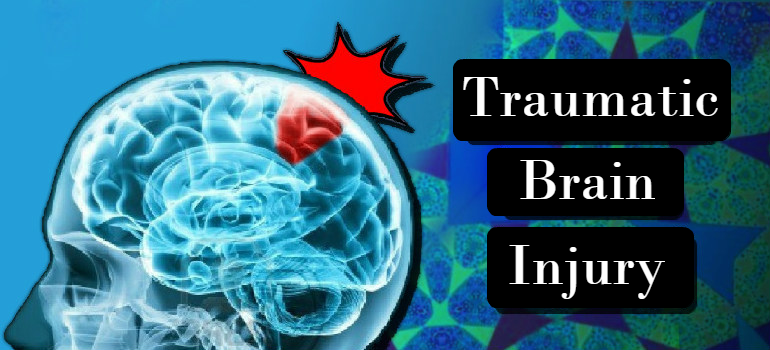![Uncredited [downloaded from https://mailchi.mp/e40a5373a9cd/dont-miss-artscisalon-poetry-night?e=ee5b8cc3f5]](https://www.frogheart.ca/wp-content/uploads/2023/04/ArtSciSalon_PoetryNightApril2023-576x1024.jpg)
Is there some sort of misunderstanding between Toronto’s ArtSci Salon and the Onsite Gallery at OCAD (Ontario College of Art and Design) University)?
Previously, I featured a series organized around the ‘more-than’human’ exhibition at the Onsite Gallery which included events being held by the ArtSci Salon in my February 1, 2023 posting. This morning (April 3, 2023), I received, via email, an April 2, 2023 ArtSci Salon announcement about some upcoming events for the ‘Re-situating: more-than-human’ event series (sigh), Note 1: They’ve added a poet to the Poetry Night, added more detail to the May 2023 excursion, and added a call for projects; Note 2: The Onsite Gallery continues call to it the ‘more-than-human’ exhibition,
Poetry Night
Wednesday, April 5 [2023] – 7:30-9:30An immersive poetry performance that involves three poets reading poems and a site-specific live projection mapping response created by artist Ilze Briede (Kavi).
Come to this in-depth and unique event of deep listening and embodied experience!Dr. Madhur Anand, School of Environmental Sciences, University of Guelph
Dr. Karen Houle, College of arts, University of Guelph
Liz Howard, Department of English, Concordia University
Projection mapping by Ilze Briede (Kavi) PhD student, York UniversityDon’t forget next event of the Re-Situating series:
Friday, April 14 [2023] – 5:00-7:00 pm
Ecology, Symbiosis, human/plant relationsRegister here to attend these events
Field Trip to the
rare Charitable Research ReserveSunday, May 7, 2023
9:00am-5:30pm
Bus leaves from Onsite GalleryTo know more and register click here
Registration is Mandatory
…
Here’s more about the rare Charitable Research Reserve excursion from the eventbrite registration page,
The rare Charitable Research Reserve is an urban land trust and environmental institute in Waterloo Region/Wellington, protecting over 1,200 acres of highly sensitive lands.
This event follows and concludes several interdisciplinary dialogues on ethics of care, ecology, symbiosis, and human-plant relations. We weave together embodied discovery and sensory experience ; listening and thinking about the ethical and material implications of recognizing non-human individuals as valuable ; as well as different disciplines, epistemologies, positionalities. Our goal is to acquire better awareness of the ecological community to which we belong, with the intention of rethinking and resituating the human within a diverse, complex, and multifaceted ecosystem of other-than-human lifeforms.
The day will begin with a panel between artists and scientists investigating the social, economic, and natural complexities affecting both human and plant-life. The afternoon events will include a 30-minute walk through the wetlands at rare (wetland as carbon sinks), a Master Class led by Dr. Alice Jarry (the design of plant-based air filtration), and a rare led walk following the ecological lichen monitoring.
IMPORTANT! Bus will leave for rare at 9 am and will return to Toronto at 5:30 pm.
Please, note: Tickets are limited. Should you not be able to attend, please let us know so we can free up the space for someone else.
We require a nominal registration fee of $5 which will be refunded on the day of the event.
PROGRAM
Sunday, May 7 [2023] – 9:00 am – 5:30 pm
Meeting place: Onsite gallery, 199 Richmond Street West.
11:00 am-12:30 pm: Panel
Sumia Ali, McMaster University
Grace Grothaus, PhD candidate, York University
Dr. Alice Jarry, Speculative Life BioLab, Concordia University
Dr. Marissa Davis, University of Waterloo
12:30-1:30pm: lunch – catered
1:30-2:15 Wetlands walk
2:30-4:15 Workshop
Dr. Alice Jarry, Speculative Life BioLab, Concordia University – Plant based filtration systems
4:30-5:15 The lichen monitoring walk. This program at rare is one of several long-term ecological monitoring programs yielding valuable baseline data and can help to identify critical changes in ecosystem dynamics.
5:30 – return to Toronto
For more information and for media inquiries please contact Roberta Buiani – ArtSci Salon, The Fields Institute roberta.buiani@utoronto.ca Jane Tingley – Slolab, York University jtingley@yorku.ca
The call
From the April 2, 2023 ArtSci Salon announcement (received via email),
call for GLAM Incubator projects for 2023 – 2024

For more information about the Call for Projects please visit the GLAM Incubator’s website For specific questions about the Incubator or this year’s call, please email me directly at p.keilty@utoronto.ca. I am happy to answer any questions you or any potential partner organizations might have.
Great idea to have this acronym for a set of institutions that don’t usually inspire fun, slang adjectives. Here’s more about GLAM (Galleries, Libraries, Archives, and Museums) incubator from its homepage on the University of Toronto website,
The GLAM Incubator is a research and support hub that connects galleries, libraries, archives, and museums with industry partners, researchers, and students to advance the development of seedling projects that benefit cultural institutions, industry, and the research and teaching goals of universities worldwide. The overarching goal of the Incubator is to provide support to experimental projects that benefit the GLAM industries and engages students. It provides the broader context and overarching structure for an ongoing series of responsive, finite, cross-sector action research collaborations. A collaboration between the Faculty of Information and the Knowledge Media Design Institute at the University of Toronto, the GLAM Incubator provides space, administrative assistance, research expertise, equipment, event facilitation, limited funding, and knowledge mobilization.
Each year, the GLAM Incubator puts out a Call for Projects from GLAM institutions for small-scale projects that experiment or incubate new programming, service models, interactive experiences, technical services, knowledge media, and user interfaces that will have an impact on GLAM institutions or professions more broadly. Please consult our Call for Projects page for more information.
I got more information from GLAM’s Call for Projects webpage,
2023 – 2024
The GLAM Incubator is a theory and innovation lab dedicated to launching and supporting small-scale projects focused on the development of cutting-edge programming, service models, interactive experiences, knowledge media, and user interfaces that address a specific issue or opportunity associated with emerging technologies within the GLAM sector. The themes and contents of the projects supported by the Incubator evolve in keeping with shifting technological developments and in response to the fluctuating needs and concerns of the various stakeholders involved in the cultural industry sectors (professionals, patrons, funders).
The Incubator will use its resources and infrastructure to run multiple projects concurrently. In addition to meeting the above criteria, projects will demonstrate a capacity to engage a diversity of stakeholders, as well as new and existing community partners. Projects will be “small-scale,” with a well-bounded research design (e.g. a study addressing a specific issue or timed opportunity faced by a community or industry partner) and short-term (1-3 years) duration. Active projects will be set up in a “doored lab,” either dedicated or shared. The Incubator will purchase or assist with the purchase of technological equipment and software required for the research. It will assist with administrative tasks and knowledge mobilization activities, as described in more detail below. It will provide in-kind support to help project leads secure external grants to fund other costs associated with the research (including research assistant salaries, conference travel, etc.). In exchange, project leads and their teams will ensure that a significant proportion of the research activities occur within that space.
Project teams must participate in an annual Symposium and engage their research and results in Incubator-supported knowledge mobilization activities, public or community outreach activities, and student engagement opportunities, where applicable.
Incubator projects will be selected through an application process.
TO APPLY
Please submit the following to p.keilty@utoronto.ca no later than June 1, 2023:
- Two-page description of the project that includes an explanation of the project’s purpose and impact on a GLAM industry or profession;
- Resume(s) of the lead applicant(s);
- A list of collaborators including brief biographies or descriptive information
- Sustainability for continuing the project after incubation
- A list of potential equipment, space, administrative, and funding needs.
We also welcome inquiries from potential applicants.
Enjoy the events and good luck with your submission to GLAM.
Should you be interested in an ArtSci Salon event (and part of whatever this series and exhibition is being called), titled ‘On Ethics of Care’, held in late March 2023, there’s an embedded two hour video on their ‘Re-situating: more-than-human’ webpage,

